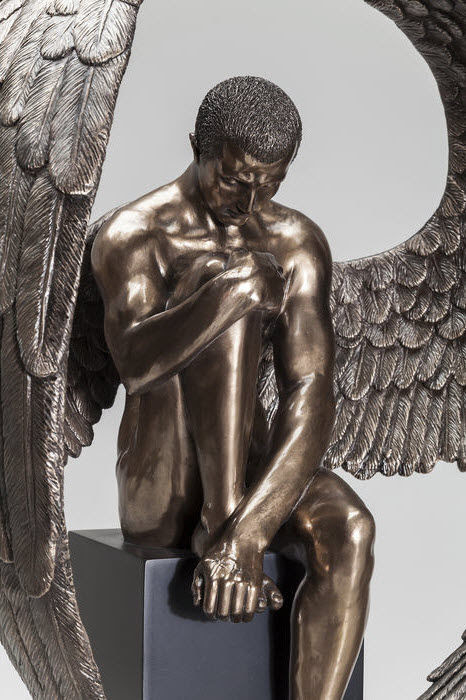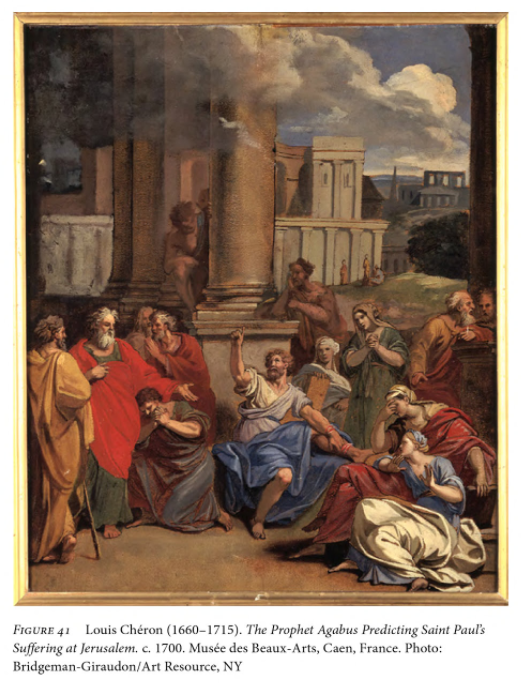| Acts 21 “Look Homeward Angel,” published in 1929, was Thomas Wolfe’s first novel. It was 40 chapters long, autobiographical, and a coming of age story set in a fictional stand-in for his home-town of Asheville, North Carolina. Wolfe’s last novel, published in 1940, finds the author continuing to struggle with the meaning of Asheville, North Carolina (under the auspices of another fictional stand-in town) and the offense he has given its citizens. The protagonist of this final novel says, in denouement: “You can’t go back home to your family, back home to your childhood…back home to a young man’s dreams of glory and of fame…back home to places in the country, back home to the old forms and systems of things which once seemed everlasting but which are changing all the time—back home to the escapes of Time and Memory.” There may have been more than a bit of Thomas Wolfe in the personality of the Apostle Paul, who, however far he intellectually, spiritually and physically wended, remained fixated on Jerusalem; on his early formation there as a Pharisee in the school of the esteemed Rabbi Gamaliel, his budding success in the scholastic circles of Jerusalem Judaism, and on his bafflement and concern for the Jewish people who have not perceived in Jesus the promised Messiah. Paul refers often to these fellow Jews as the “ἀπειθοῦντες – apeithountes…the unpersuaded.” |

|
Paul’s concern for the unpersuaded is an existential theme in all of his personal letters, played down by Luke in the Book of Acts, because the Book of Acts was not written by Paul, but by the author we call Luke, and which was written for Luke’s own purpose. Luke was writing to his lover-of-god, Theophilus, (a particular person perhaps, or a metaphor representing all who yearn and love God, though they do not know the Good News of Jesus) to persuade him/them of the Christian gospel. Luke seems to have wanted to suppress the sharp tension which existed between Paul and the leadership of the Church in Jerusalem; dead-set on remaining a sect of Judaism. A MORNING RESOLVE In particular I will try to be faithful in those habits of prayer, work, study, physical exercise, eating, and sleep which I believe the Holy Spirit has shown me to be right. And as I cannot in my own strength do this, nor even with a hope of success attempt it, I look to thee, O Lord God my Father, in Jesus my Savior, and ask for the gift of the Holy Spirit. Amen.” Previous Reflections may be found on the parish website StPaulSMA.com under ‘Blogs’ here. YouTube postings are available here. Previous editions of THE EPISTLE can be found here. |

| St. Paul’s Anglican Church Calzada del Cardo, 6 Centro 37700, San Miguel de Allende, Mexico 415.121.3424 www.StPaulSMA.com |
